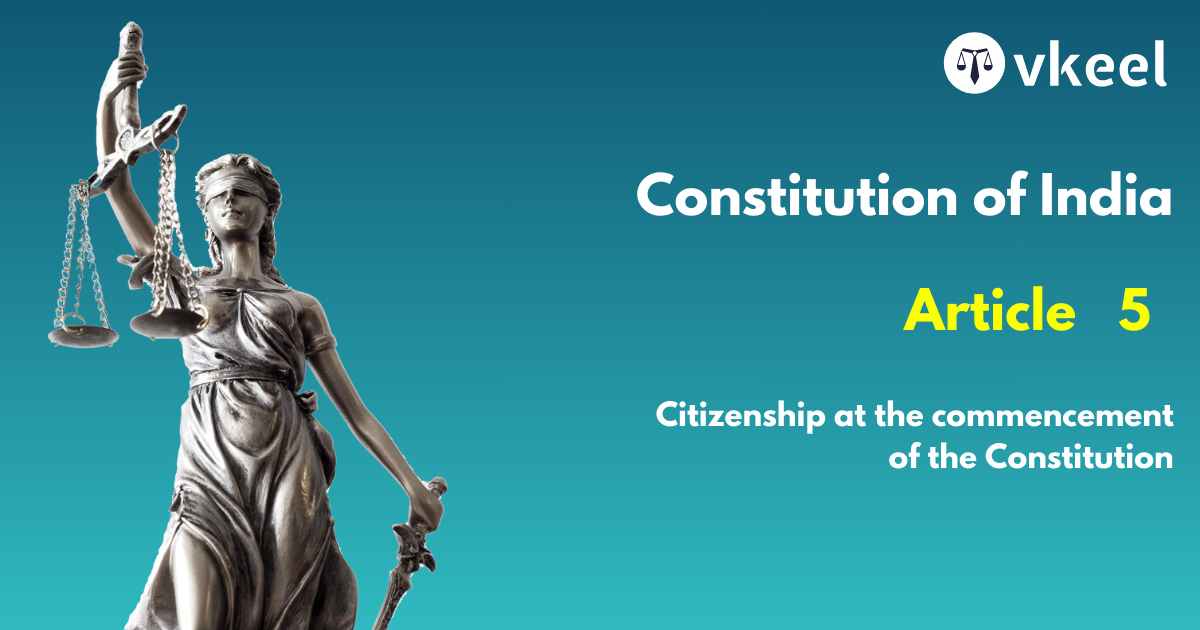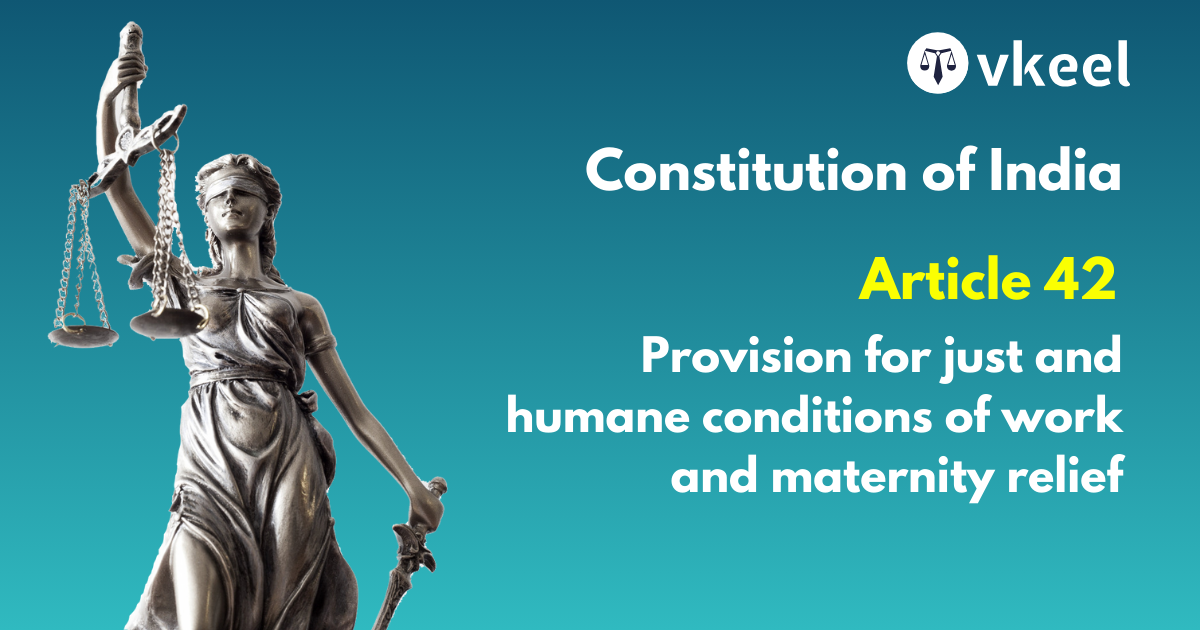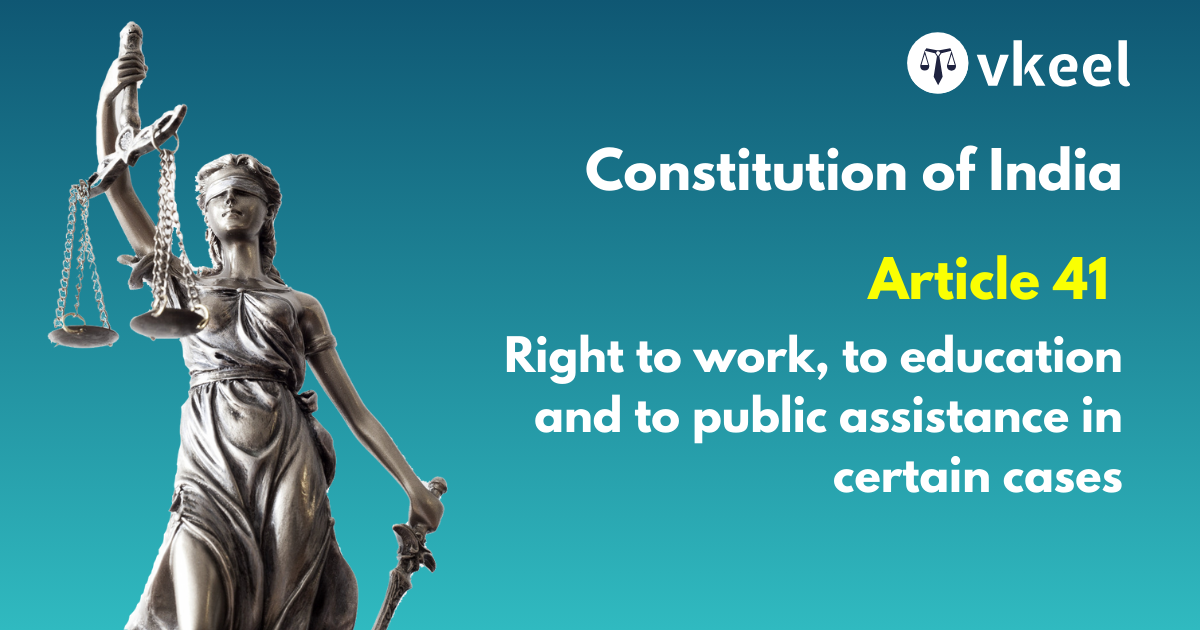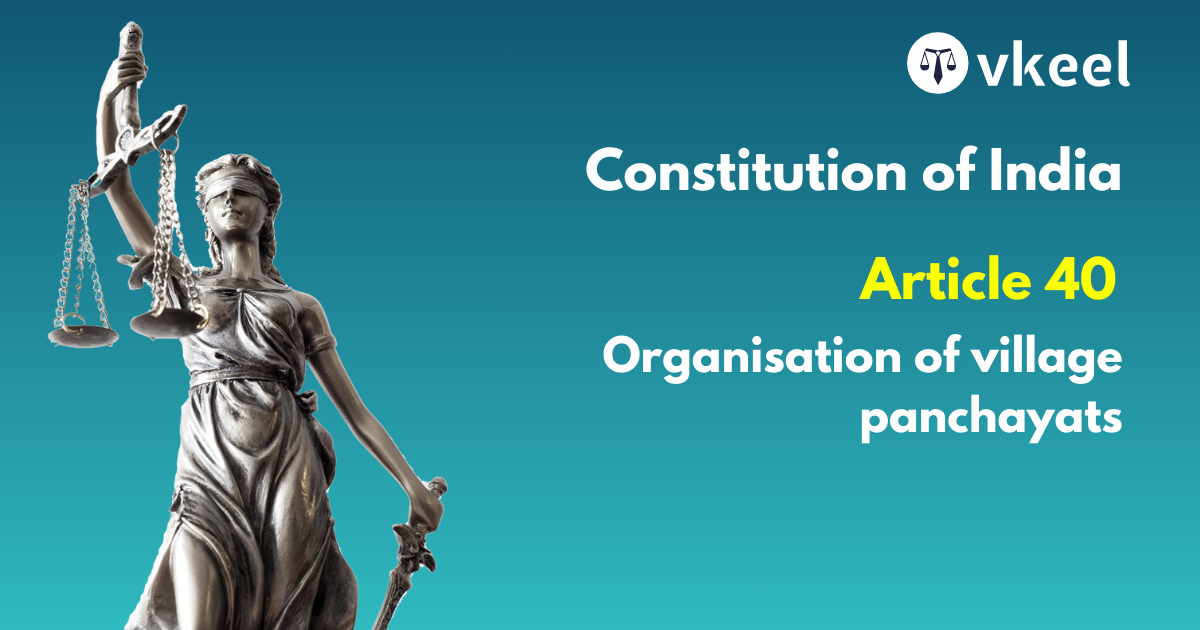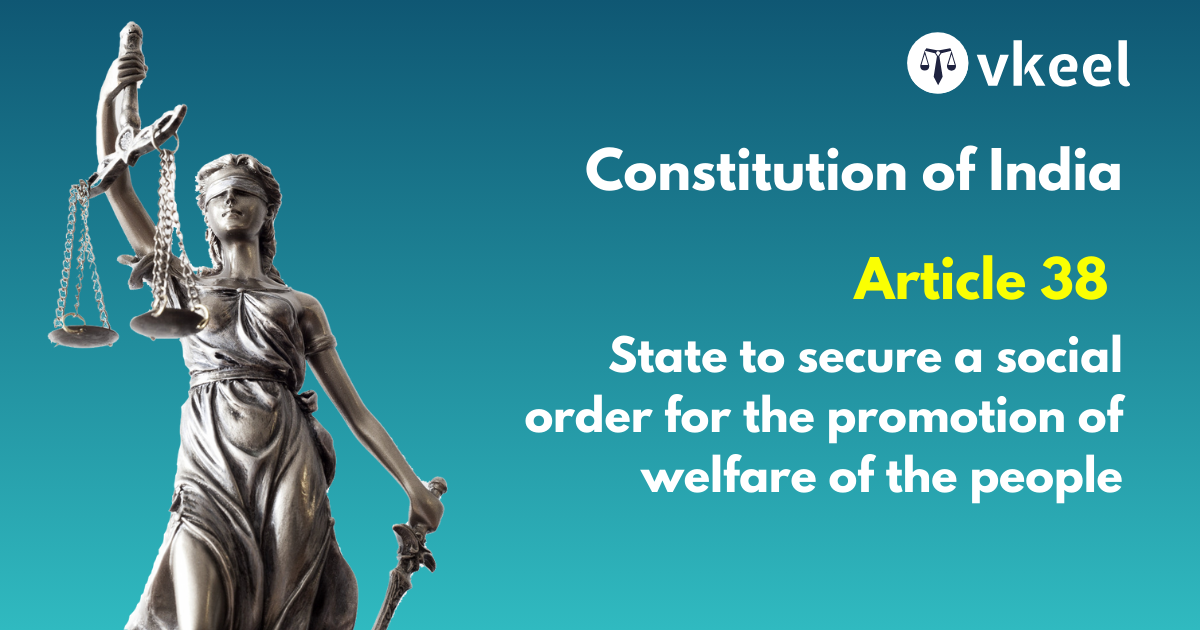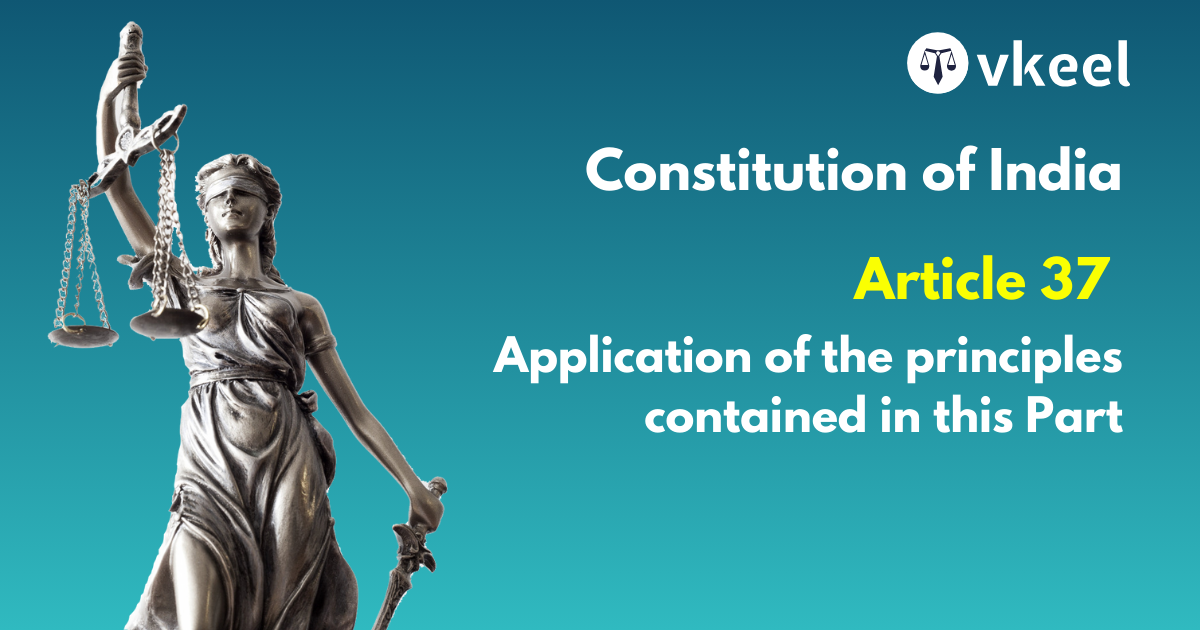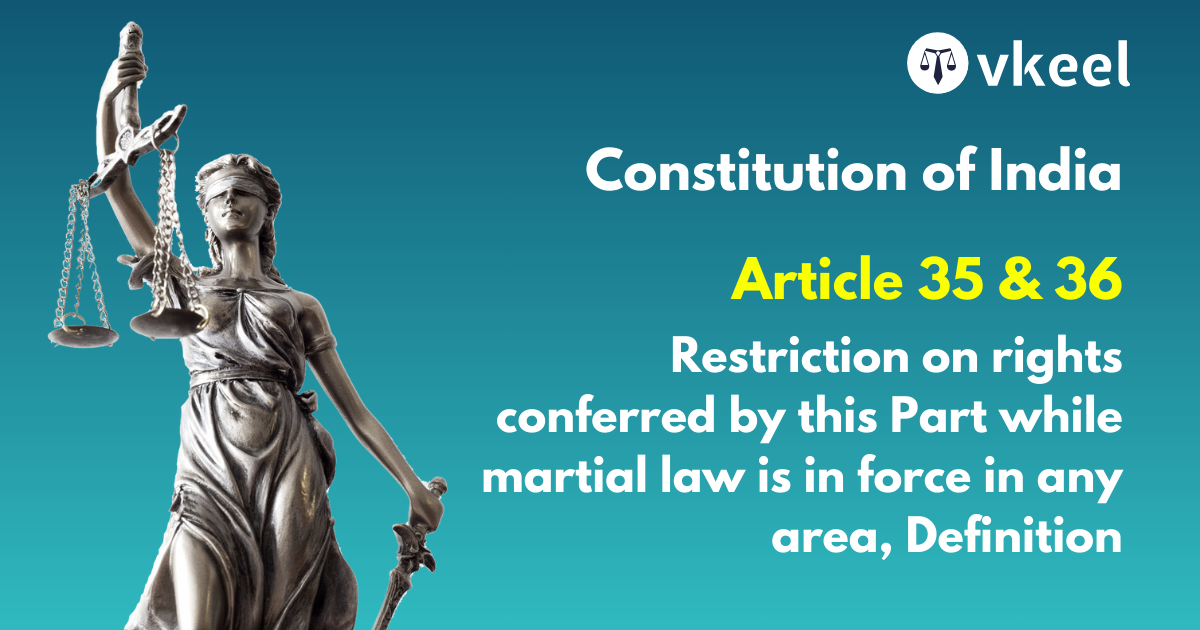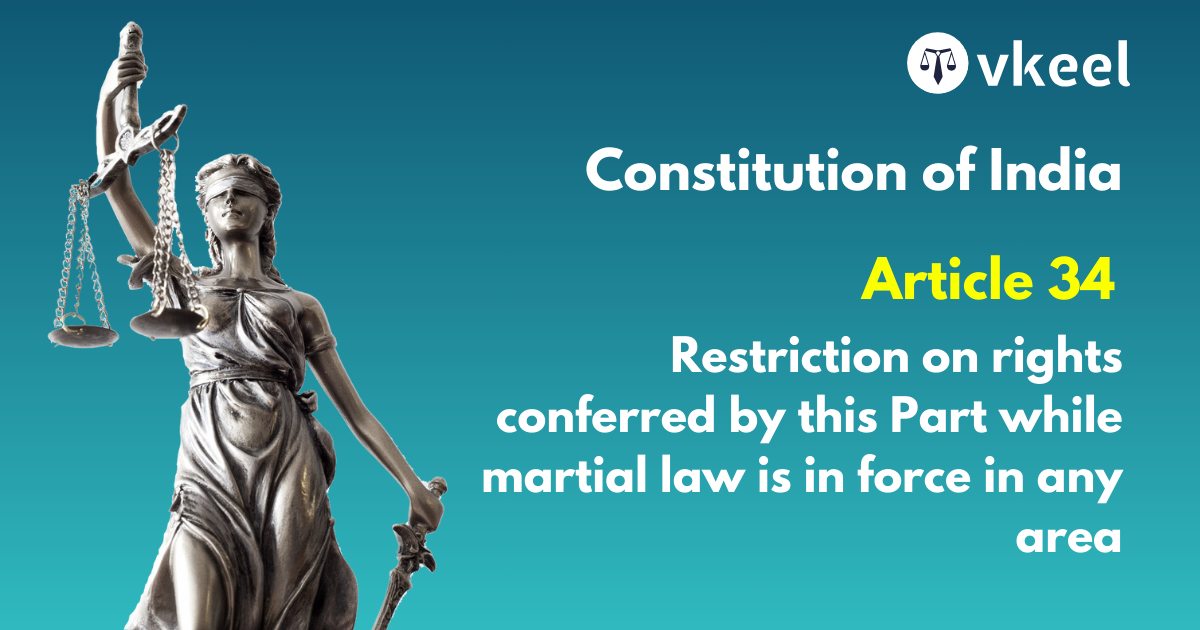Article 5 Citizenship at the commencement of the Constitution
By Vanshika Saini
Table of Contents
Introduction
Citizenship as a domain has been dealt in Part II of the Constitution of India. The mentioned provisions are not entitled to any sort of permanent or descriptive provisions.
It officially recognizes the individuals who were included as the citizens after the national commencement; 26th January,1950. The citizens enjoy complete membership of the community devised politically out of the state.
Along with enjoying such explicit rights, it is the duty of every citizen to fulfil certain obligations towards its country for instance, the taxes to be paid, respecting the national anthem and national flag and lastly defending the nation.
Article 5
Citizenship at the commencement of the Constitution.—At the commencement of this Constitution, every person who has his domicile in the territory of India and—
(a) who was born in the territory of India; or
(b) either of whose parents was born in the territory of India; or
(c) who has been ordinarily resident in the territory of India for not less than five years immediately preceding such commencement, shall be a citizen of India.
Judicial Pronouncements and Amendments
In Firoz Meharuddin vs Sub- Divisional Officer, 1960 it was ruled by the Madhya Pradesh High Court that the concept of Citizenship is not absolute. Individuals who migrated from Pakistan after march 1947 would be considered as aliens under the conditions specified in Article 5.
In Kulathil Mammu vs State of Kerela the apex court observed that the concept of domicile is only included in the Article 5 of the Constitution.
In D.P. Joshi vs State of Madhya Bharat( 1955) the apex court upheld that ‘Citizenship and Domicile represent two different conceptions and it has the reference to the political status of an individual and domicile to his civil rights’
In State of Bihar vs Kumar Amar Singh in 1955,’ the apex court ruled that a married woman retains her domicile in spite of migration by her husband’
In Rashtriya Mukti Morcha vs Union of India the Delhi High Court ruled that Article 5 is designed to address issues related to the commencement of the Constitution and is not suited for other sensitive matters.
The court explicitly stated three dates:
26 January, 1950- The individuals would be entitled as citizens if they fall in the category of Indian domicile on the day itself.
19 July 1948- Individuals residing in India before this date and returning before the same would be entitled as citizens.
1 March 1947- Even though the individuals fulfilling the criteria of Article 5, if migrated to Pakistan on this day would not be deemed as citizens.
Contemporary Importance of Article 5
Several amendments have been witnessed in the Citizenship Act of 1955 thiseventually highlights the dynamic prospect of Indian society. The updated Amendment has been seen in 2019, the Citizenship Amendment Act.
It sheds light on the route of the minorities migrating from neighbouring countries. It keeps in check the lineage and heritage of the background while transcending citizenship and focuses on ties bounded ancestrally.
It allows space for an exception for specific religious groups. The only challenge it faced is on the matter of inclusivity and secular character of Indian laws as prescribed in the Constitution
Conclusion
In the realm of nationality and individuality, Article 5 has subsequently provided one with policy and legal promulgations. It keeps intact the originality of the fundamental state and meaning of the word citizenship.
Article 5 of the Constitution intends to guide legislative actions even in future, hence executing an important role in preserving unity and integrity.
Disclaimer:
The information provided in the article is for general informational purposes only, and is not intended to constitute legal advice or to be relied upon as a substitute for legal advice. Furthermore, any information contained in the article is not guaranteed to be current, complete or accurate. If you require legal advice or representation, you should contact an attorney or law firm directly. We are not responsible for any damages resulting from any reliance on the content of this website.

